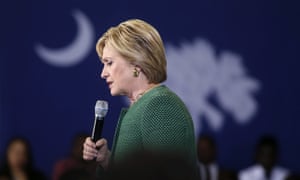Hazel Sheffield in The Independent
Joseph Stiglitz, a Nobel-prize winning economist, has said that the UK could be better off leaving the European Union if the Transatlantic Trade and Investment Partnership passes.
Joseph Stiglitz, a Nobel-prize winning economist, has said that the UK could be better off leaving the European Union if the Transatlantic Trade and Investment Partnership passes.
“I think that the strictures imposed by TTIP would be sufficiently adverse to the functioning of government that it would make me think over again about whether membership of the EU was a good idea,” Stiglitz said.
TTIP gives corporations the power to sue governments when they pass regulation that could hit that corporation's profits.
United Nations figures have shown that that US companies have made billions of dollars by suing other governments nearly 130 times in the past 15 years under similar free-trade agreements.
Details of the cases are often secret, but notorious precedents include the tobacco giant Philip Morris suing Australia and Uruguay for putting health warnings on cigarette packets.
“Every time you passed a regulation against asbestos or anything else, you would be sued,” Stiglitz said.
“There’s nothing in TTIP to stop you writing the regulation. You can write the regulation. You would just have to keep writing a cheque to Philip Morris to make up for the profits that they would have had if they were able to kill people like they were able to in the past,” he said.
The planned TTIP agreement between the EU and the US would create the world’s largest free-trade zone, sweeping aside tariffs and other barriers to the trade of goods and services. Proponents say it would encourage investment and create jobs.
But the controversial provision for an investor-state dispute settlement would allow multinationals to sue foreign governments if it thought regulations were hurting profits.
Stiglitz described TTIP as “a massive rewriting of the rules with no public discussion”.
“The dangers to our society are very significant,” he said.



